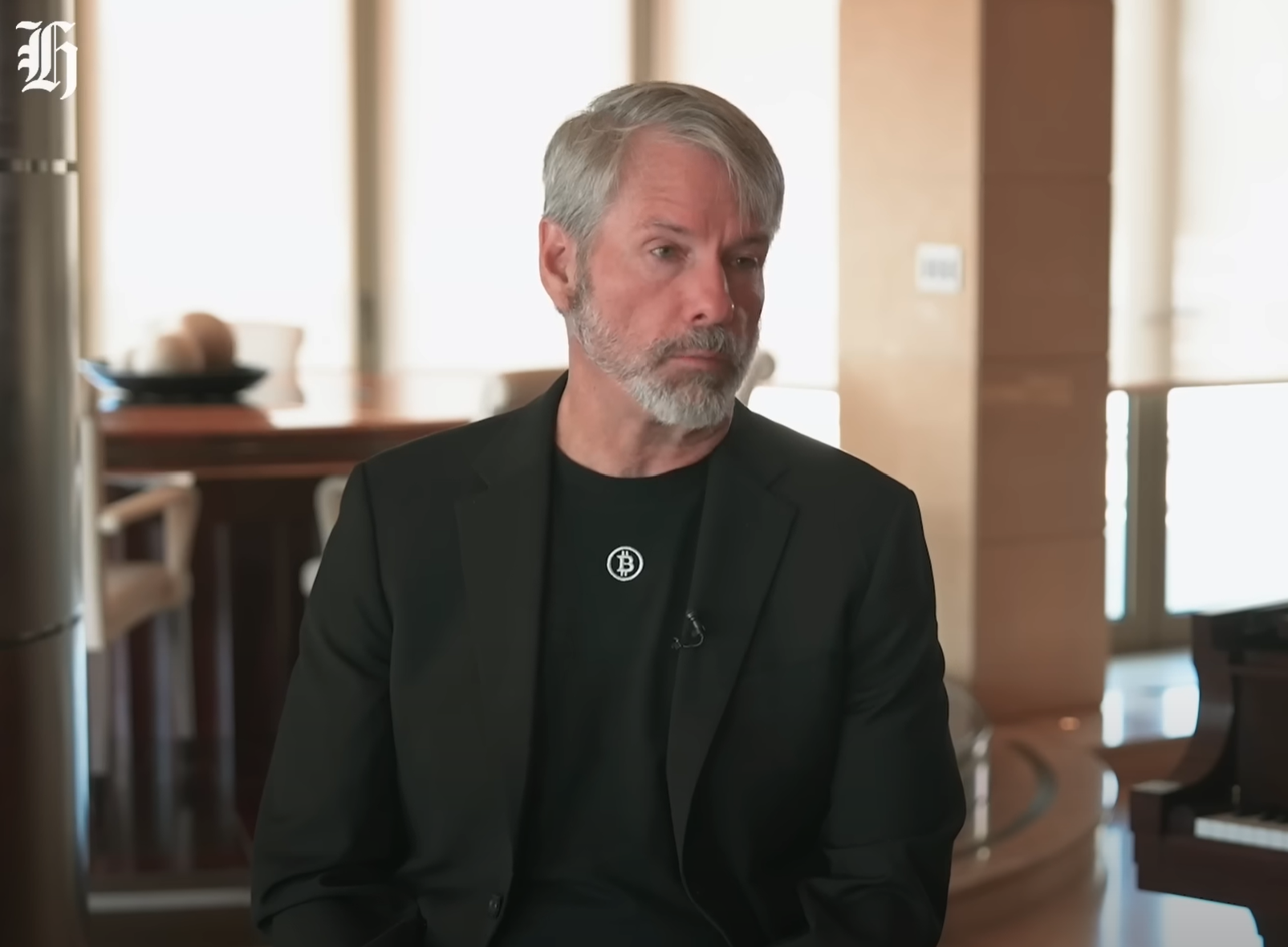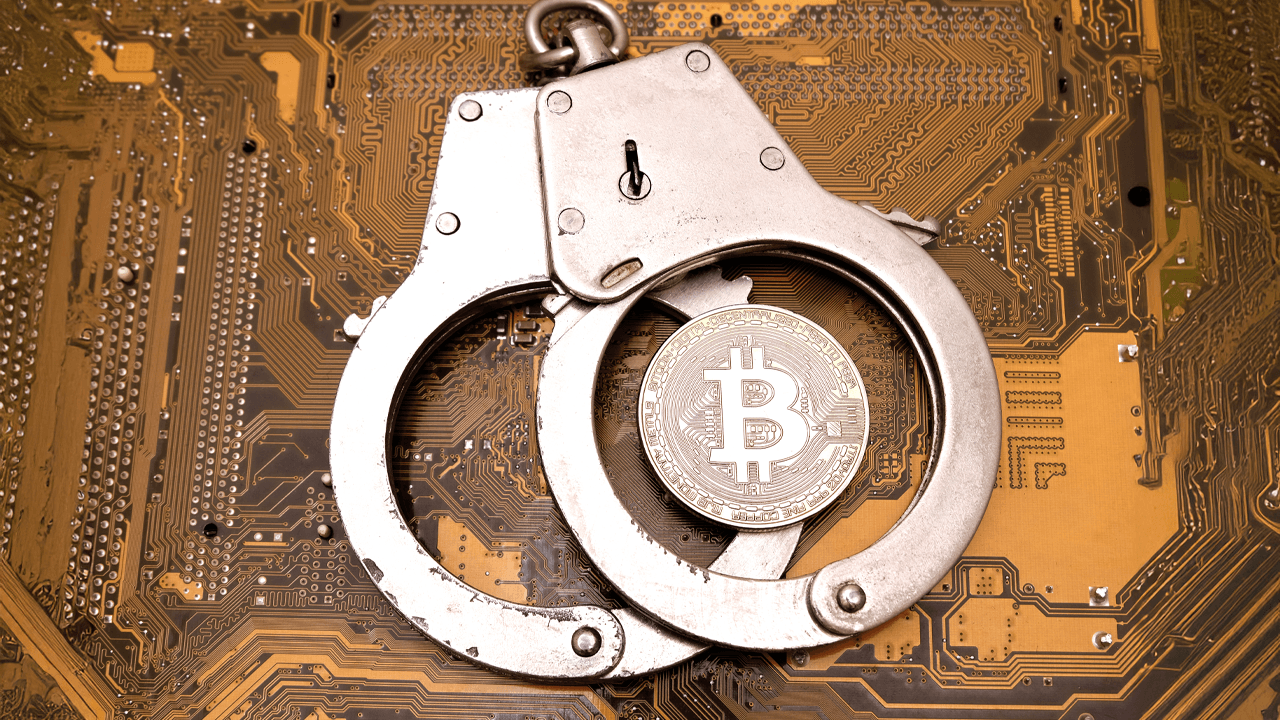As we talked about already, Bitcoin is suppose to be
Peer-to-Peer digital cash with the hard money properties of course. Michael has repeatedly encouraged people to not self-custody their wallet keys (there are rumours that even MicroStrategy doesn't self-custody). He also wants to bridge governments and bitcoin together and even encourages regulation. This would easily turn Bitcoin into a CBDC-lite.
In a recent interview with journalist Madison Reidy, Michael Saylor, CEO of MicroStrategy, stirred a massive controversy within the Bitcoin community with his

web.archive.org
Ironically, MicroStrategy doesn't appear to accept BTC as payment for its other business analytical products last time I checked.
What bitcoin is
supposed to be is irrelevant. It exists and individuals must adapt. It is peer to peer money but it is so much more than that alone. Individuals must decide what to use it for - it is a tool: just because a hammer is for nails, doesn’t mean you can’t use it to do other things.
Gunpowder existed and was used in rockets, long before it was called gunpowder,
because guns hadn’t been invented yet. There is no central planner that is going to mandate how you use it, just like Linux…use it in your computer, in your phone, router - bitcoin is like that but even more versatile.
It is not a consumer product controlled by a corporation or government - it is simply an idea unleashed and free, open source protocol. Do you think the TCP/IP developers envisioned Netflix, or Uber, or Amazon, or AI agents, in 1970? None of which is possible without a common communications protocol. That’s just communications - now how does open source money - which is nearly 1/2 of all human cooperative action, change things? No one knows, but it is probably profound.
The link you posted about Saylor is broken. I highly doubt that he encourages people not to self-custody…don’t believe everything you read on the net.
Governments + bitcoin is inevitable. Bitcoin is for everyone, including enemies. I would rather USA be a first mover on this than China.
Why would any business in the US accept bitcoin as payment? There is little advantage to doing so, at the expense of a tax accounting nightmare.
Lastly: just because Saylor is wrong about some things, doesn’t mean he isn’t right about others. Maybe he is just lying about some things - I don’t blame him for that either. Governments are much too powerful still, and he has a lot to lose. It’s easy to be a rebel when you’re poor.
In summary: seeing bitcoin as peer to peer cash, as a tool to save 3% PayPal fees, is like seeing the internet as a great way to save on long distance telephone bills. It does that, yes, but you’re missing the forest for the trees.






